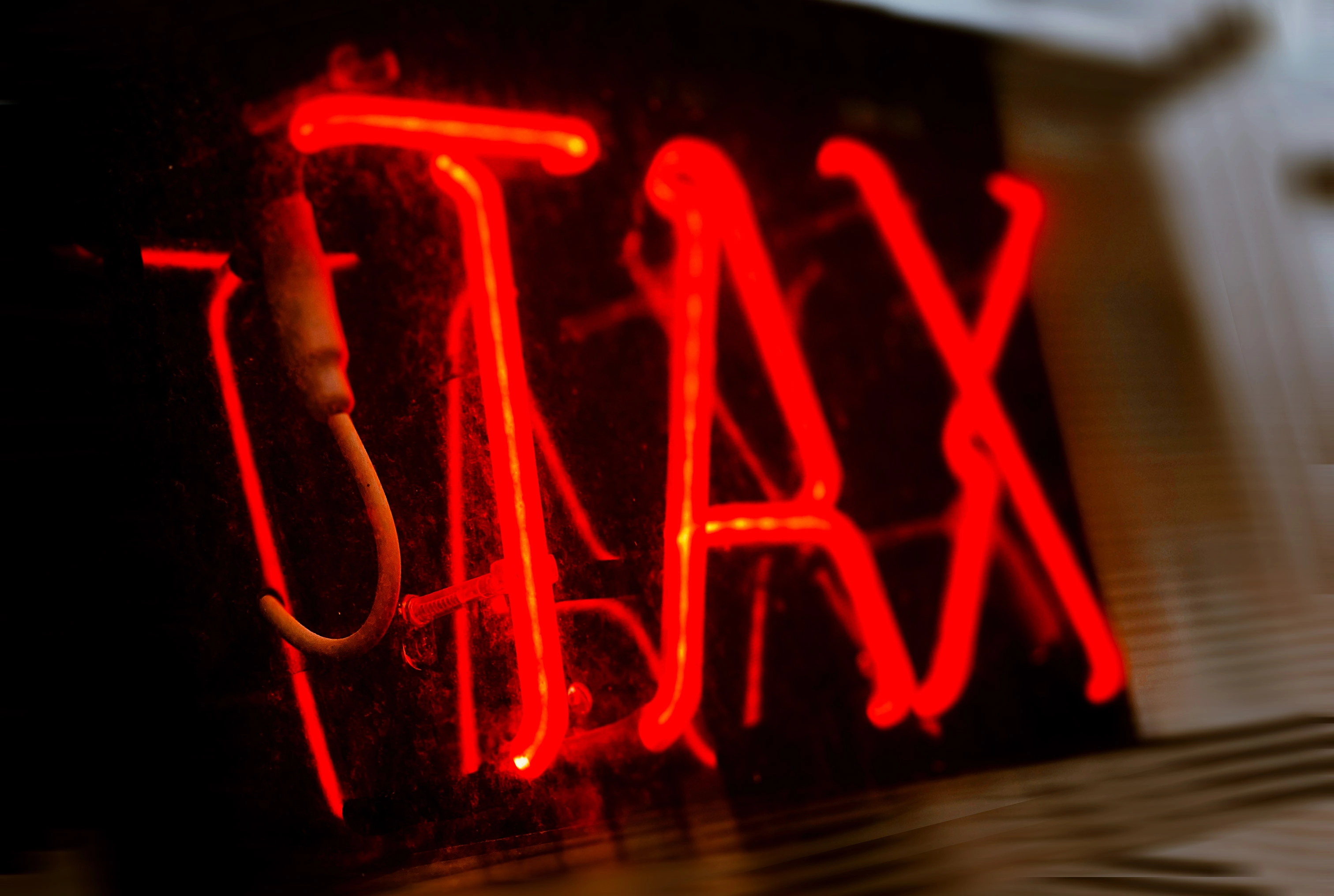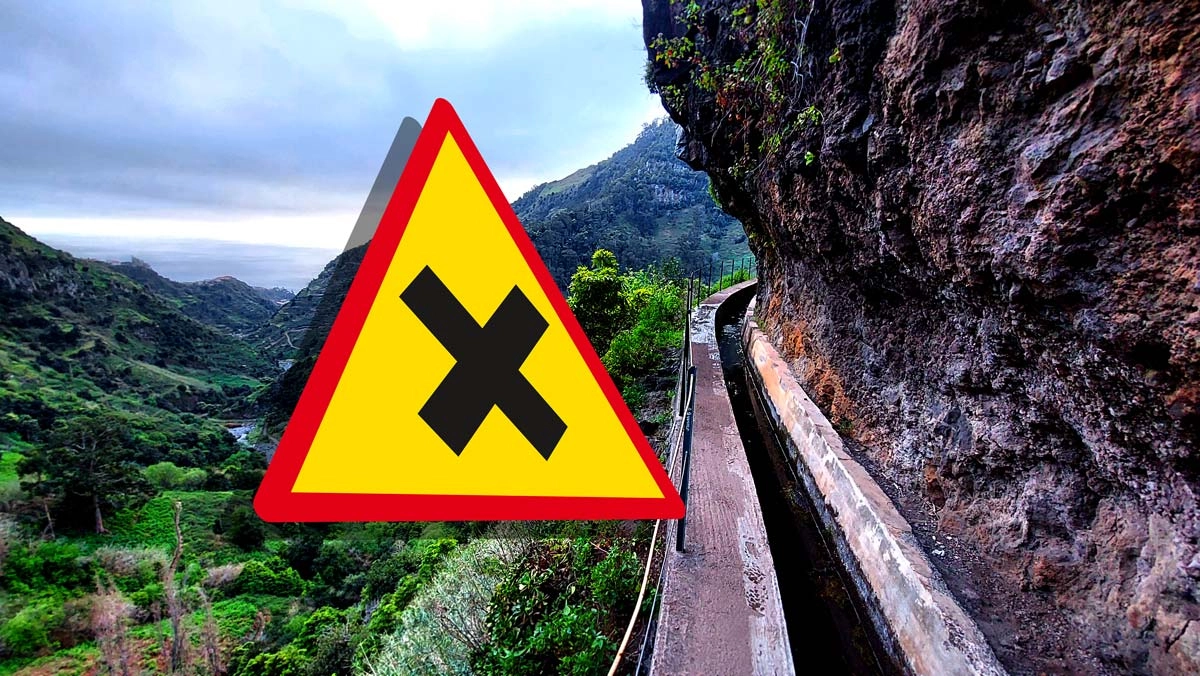Municipalities Unite for a Collective Tourist Tax
During the recent AMRAM (Association of Municipalities of the Autonomous Region of Madeira) meeting, a decision was reached to establish rules for the tourist tax across all municipalities. The proposed tourist tax amounts to two euros per guest per night, applicable for a maximum of seven nights, with exceptions for children aged 13 or less. This fee applies to both tourists and residents staying in hotels or local accommodation in another municipality. A visitor from Porto Santo would thus pay the tax when residing in Funchal. The tax is scheduled to take effect in the second half of 2024. As of today, only Santa Cruz, led by JPP, charges a tourist tax (ecotax).
“Right now, we estimate a revenue of 10 million euros.”
How The Tourist Tax is Applied
Each municipality will decide its own rules for the tourist tax, this should be done by the end of the current semester. The process involves getting approval from local leaders, talking about it with the public, and finally getting approval in a municipality meeting. Each municipality will keep the money they collect from the tax to ensure everyone follows the same billing rules. This way, the tourist tax will be fair and consistent across the region.
An IT System will be implemented, that coordinates the different accommodation units like farms, hotels or rentals. While it has not been stated publicly it looks like the tourist tax might be charged on site, in the hotel, or a local accommodation. Passengers onboard cruise ships who are disembarking in Funchal are also subject to this tax, even though President Albuquerque recently explained that he considers this unreasonable.
“We have to take advantage of the good regional moment of tourism to collect the fees / recipes that we have to charge, now when it comes to fees is not going to be applied to everything because otherwise we have a perfectly ridiculous situation here.”
Annual Tourist Tax Revenue: 10 Million Euros
Authorities anticipate that the tourist tax will generate additional funds for the region. An estimated total earnings of around 10 million euros. The specific allocation of these additional funds has not yet been determined. It certainly presents an opportunity for Madeira to diversify its economy by investing in non-tourism sectors, thereby strengthening its democratic institutions for the future.








Comments